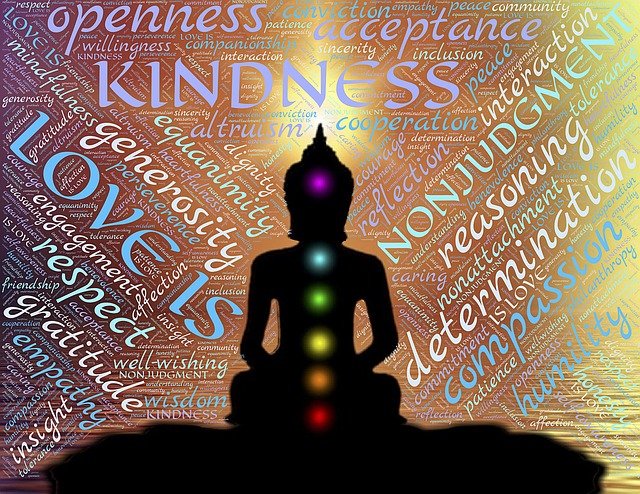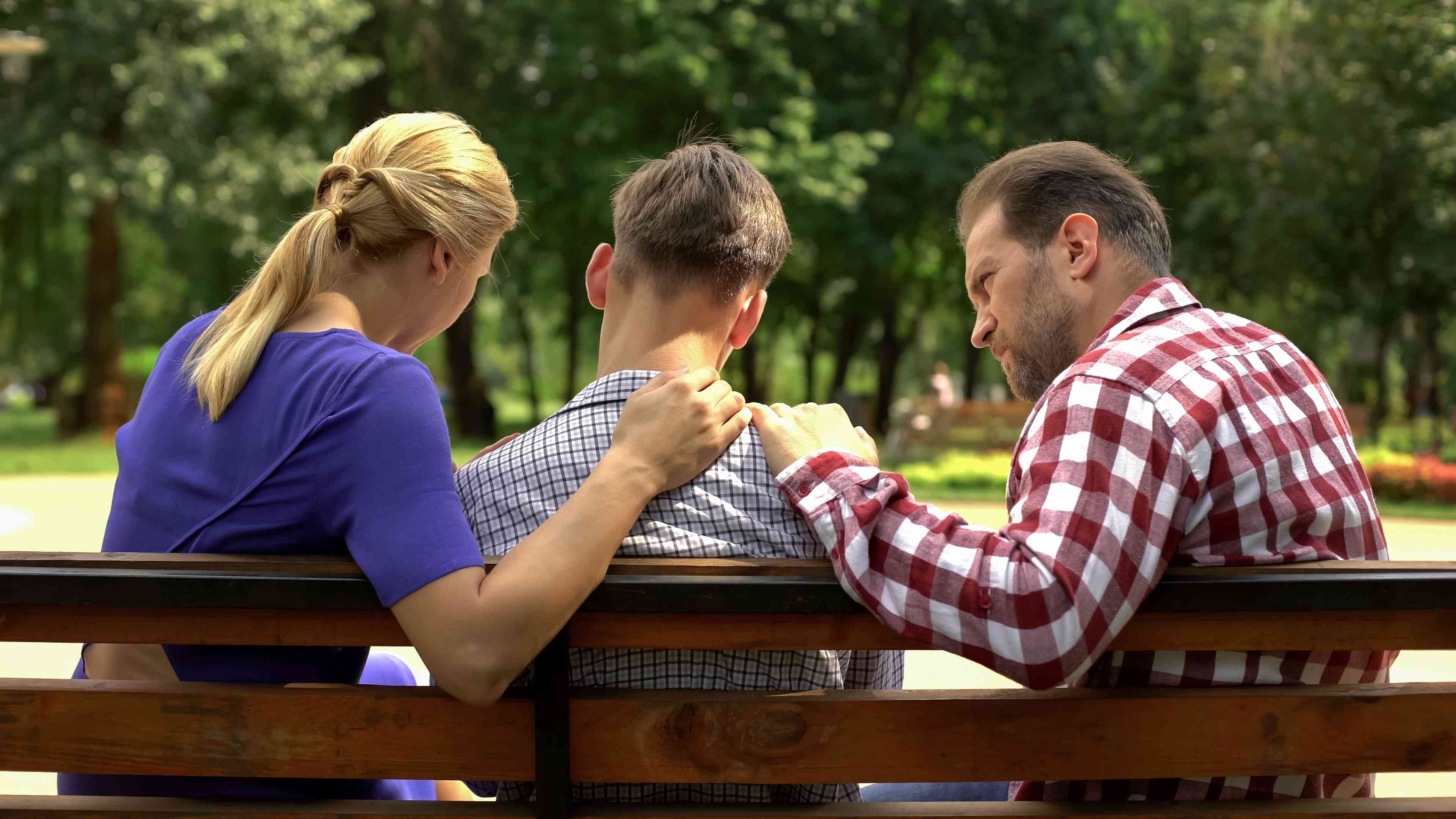As I sit down to write, it is the middle of Holy Week in the Christian calendar, and of Passover for the Jewish one. It is also the day before my mother’s birthday. She would have been 84 years old tomorrow, had she not died 4 years and 2 months ago, after unexpected complications from a knee replacement surgery. She comes to mind as deceased loved ones do, at birthdays, holidays, or anniversaries of a death –sometimes well after the active grieving subsides, or sometimes to make possible grieving that has been neglected or shoved aside.
She also came to my mind as I pondered this message for CPC’s electronic newsletter, since we are located in the diverse Northern Virginia area, near the seat of power for this nation, in the midst of the most polarized and divisive time in this nation’s history – at least that I, at age 56, can remember. My mother was midwestern Democrat whose second marriage of 33 years was to a Republican. She was a Title 1 Reading Specialist teacher whose first job after my parent’s divorce was made possible by federal education funding; he is a semi-retired pharmacist, and a steadfast Republican. After her knee surgery complications became life-threatening, my mother had some time to think about what she would want shared at her memorial service, and made sure that the minister who offered a remembrance for her service would share a few things.
One was the prose poem Desiderata (https://en.wikisource.org/wiki/Desiderata), whose words inspired her at a particularly difficult time in her life, and then after. I still find the poem comforting, if not fully reflective of my own theology. The balance of the advice she wanted to share I think was also deeply informed by her Christian faith, and her life experience. Reared on a farm with a sense of kinship with the land and natural world, her first piece of pithy advice for those gathered in remembrance was rooted in that and her faith: “Encourage people to recycle.” And then this: “Love people for who they are. Forgive people for what they do. And have patience, patience, patience for those who are not like you or who don’t think like you.”
As I reflect on those words today they sound even more timely; patience, empathy and tolerance or understanding for those who are viewed as other, different — or who simply disagree with one’s own political position — seem in short supply.
Contemplating these polarized times, and the particular anxieties they create for many if not majority of our neighbors in this area, it is clear to me that organizations like CPC are more essential than ever. We are an inclusive, diverse, faith-based community of professional counselors who desire to support all who seek our care in healing and/or achieving greater wholeness in their lives and relationships.
As a clinically certified pastoral counselor who specializes in couple and relationship therapy, I am particularly passionate about helping couples achieve or strengthen the kind of secure connection that enables them to bridge the differences and at least occasional polarizations that all long-term couples eventually encounter. At a time when families are challenged by the divisions within the broader culture, it is even more essential that couples learn how to create safety for true dialogue and encounter in their own relationships — and for the children with whom those relationships may be blessed. Sustained warmth, love and empathy in a couple relationship forms the secure platform for any couple’s children, and their own future contributions to the world.
While each couple and individual I see is unique, and couples are a special case relationship, there are at least a couple of principles I teach and facilitate for couples especially that have broader application between any parties who seek to bridge their differences in mutually advantageous ways.
The first is from Internal Family Systems therapy, or IFS. It is the concept of the U-turn. The wisdom of the U-turn takes into account that when one is feeling particularly frustrated and critical toward ones partner, and thus activated in a limbic fight/flight/freeze state, little constructive will be possible – and damage likely – when attempting to engage. When in such a state of emotional activation, frustration or critical anger, it is essential to do a “U-turn” to examine one’s own unmet desire, need or hurt underneath the protective activation, and to self-sooth sufficiently to prepare to speak for the desire, need or hurt in a way that invites open-heartedness from the other instead of activation/escalation. Simply put, if one speaks from an activated, finger-pointing part of oneself, one is likely to get defensiveness or worse in response. To use the famous phrase attributed to Gandhi, this is preparing to “be the change” in the relationship one presumably desires from the other, as well.
The second is both an endorsement of and a caution about the “golden rule”. Do unto others as you would have them do unto you is generally a good ethical and empathic guide or reminder to “be the change you want.” The only trouble is, this involves imagining ourselves in the place of the other, which turns out to be quite difficult for many couple members to do with their partner. The set up is that we think we know our partners, who we typically were attracted to based on differences in the other that come to be sources of frustration over time. My partner may have a different love language, so my projections about what would make her feel loved may well require a transcendence of my own personal preferences. That’s why the “platinum rule” is needed – do unto your partner what your partner wants done unto them! To implement the platinum rule often requires a new curiosity and openness to learning about how truly different one’s chosen beloved is from oneself. I see every couple relationship as cross-cultural, despite the fact that each couple has commonalities that have helped them come together in the first place.
These two principles, that of the U-turn/”becoming the change” and applying the platinum rule, seem useful to implement when attempting to connect and bridge lines of political, cultural, religious, gender/sexual orientation or racial division, as well. Rather than simply reacting to what we don’t want/like with criticism/anger, how do we act in congruence with what we do desire? And when frustrated or confused by the reactions and actions of those who differ with us, can we hold curiosity about how it really looks/feels from their worldview as we engage.
Starting at home may be the best way we can prepare ourselves and our children to choose to extend love and curiosity toward those who are different from us rather than to react with fear, resentment, division and psychological or actual violence.
Request an Appointment
Individiual, Couples, Pre-Marital, Family,
Children's Counseling and Clergy Assessement
Was It Helpful To You?









